JOINT BASE LEWIS-McCHORD, Wash. (May 19, 2010) -- An inquiry launched Monday by Lt. Gen. Charles H. Jacoby Jr., I Corps commanding general, is investigating complaints from Oregon National Guard Soldiers that different standards of treatment exist between reserve-component and active-component Soldiers during the demobilization process at Joint Base Lewis-McChord.
Secretary of the Army John McHugh and Army Chief of Staff Gen. George W. Casey Jr. dispatched Vice Chief of Staff Gen. Peter W. Chiarelli to the joint base, along with Army Surgeon General Lt. Gen. Eric Schoomaker and Maj. Gen. Philip Volpe, commanding general of Western Regional Medical Command, to listen first-hand to Soldiers assigned to Oregon's 41st Infantry Brigade Combat Team while they continued demob activities on the installation after a yearlong tour in Iraq.
Members of the 41st IBCT had recently contacted the offices of Oregon Senator Ron Wyden and Congressman Kurt Schrader, who brought their issues to the Army's attention.
The Army generals spoke to the press Tuesday afternoon at I Corps headquarters, beginning with Chiarelli's concern about the issues outlined in the release from Wyden's office.
"When I read the press release yesterday and saw that the Soldiers I've served and fought alongside for the better part of nine years felt like they were not a part of what I consider 'One Army,' I took it very personally," Chiarelli said.
The group of general officers spent Tuesday discussing issues with Soldiers in the Warrior Transition Unit, those still in the joint mobilization brigade, cadre members from those organizations and medical-provider staff members from the Soldier Readiness Center. They spoke to about 30 41st IBCT Soldiers still in the WTU and others pending possible assignment there.
The vice chief brought with him an unequivocal message: "I can assure you," Chiarelli said, "the Army's senior leadership, and particularly the leaders here at Joint Base Lewis-McChord, are taking very seriously the concerns raised by the Oregon National Guard Soldiers."
Jacoby also related his personal history with the Oregon Guardsmen. The 41st IBCT fell under him when he commanded the Multi-National Corps-Iraq until March.
"The 41st is a great brigade," Jacoby said. "They're one of our own and they always have been. So we launched the inquiry immediately to see if there is substance to (the charges), because that is not who we are. What we find that may be wrong, we're going to fix. And we're going to keep faith with not only that brigade, but all the team members that go into this great effort that our 'One Army' is making ... today."
The inquiry was structured, Jacoby said, "in a way that it would deal with both perceptions and realities of the concerns. And it was also structured (to) specifically answer the concerns that the senator brought to our attention."
He tasked the I Corps surgeon, Col. Dallas Homas, to conduct the investigation and promised, "he will be very thorough and he will complete that in the not too distant future."
An expeditious review, however, should not suggest that demobilization is a simple issue to resolve, as related to medical issues, cautioned the Army surgeon general.
"It's safe to say there is no one way to characterize all of these Soldiers," Schoomaker said. "We're talking about several thousand Soldiers and family situations and community situations, all of which differ one from the other."
While the concept is "One Army," Chiarelli pointed out the active and reserve components use different processes for financial, personnel and medical support.
"One of the things I want to do," Chiarelli said, "is go back and look at these policies and procedures that are different for deploying active component and reserve-component forces to see if we can't standardize them. It only creates confusion."
The conflicts in Iraq and Afghanistan underscore the important contributions made by Reserve and National Guard Soldiers, he said.
"There is no doubt we would not have accomplished our mission in Iraq," Chiarelli said, "and we won't be successful in Afghanistan without the support of our reserve-component Soldiers."
(Don Kramer is a reporter with Joint Base Lewis-McChord's weekly newspaper, the Northwest Guardian.)
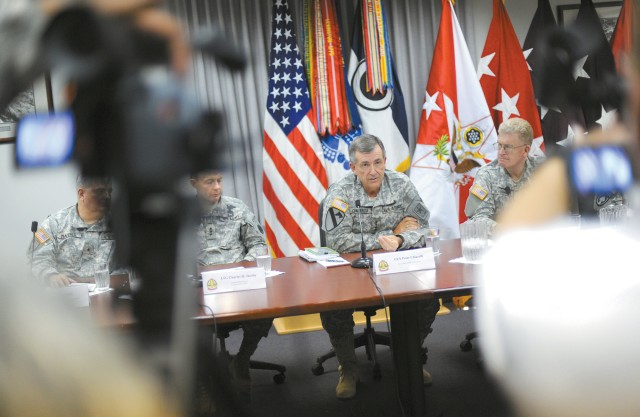
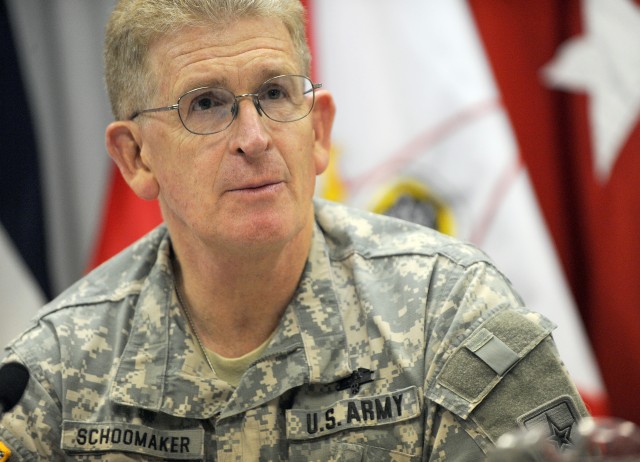
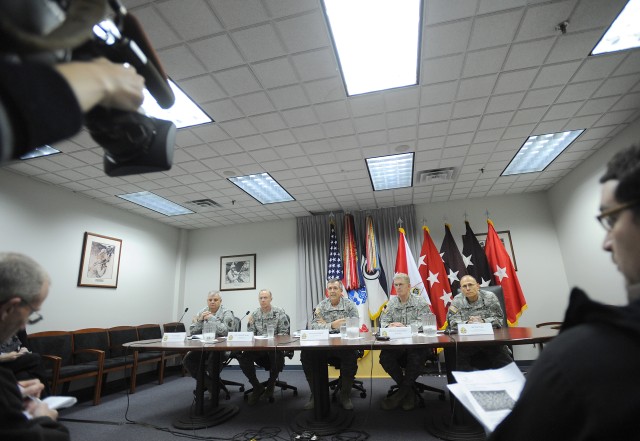
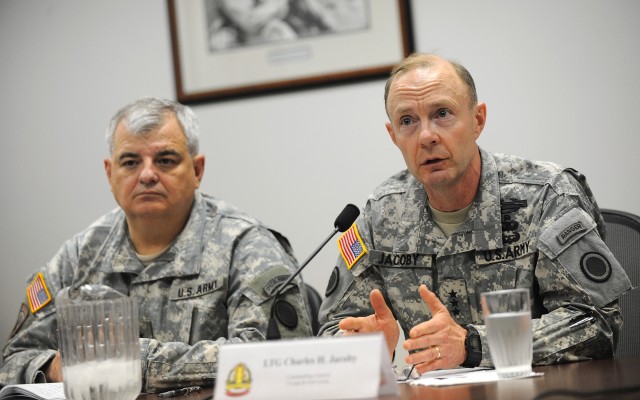
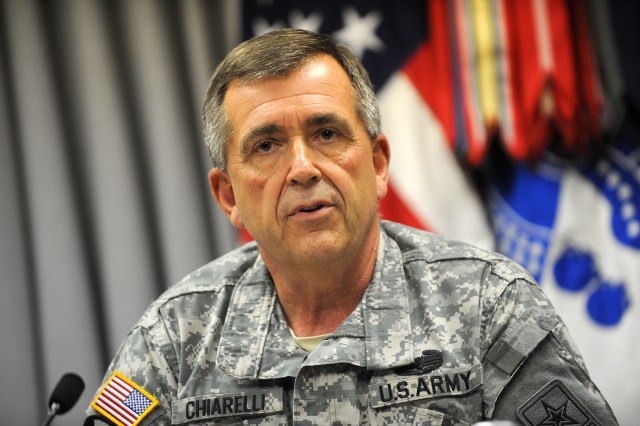
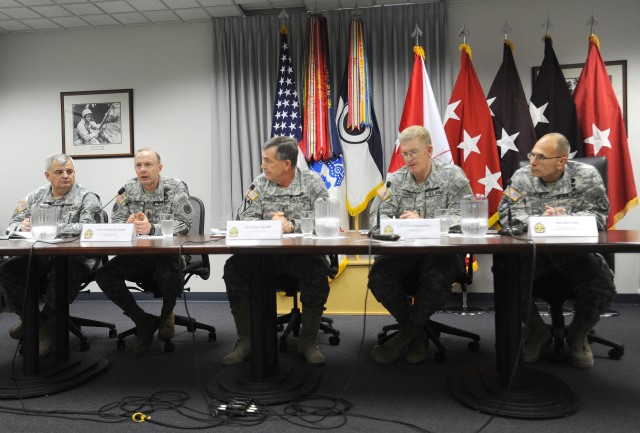
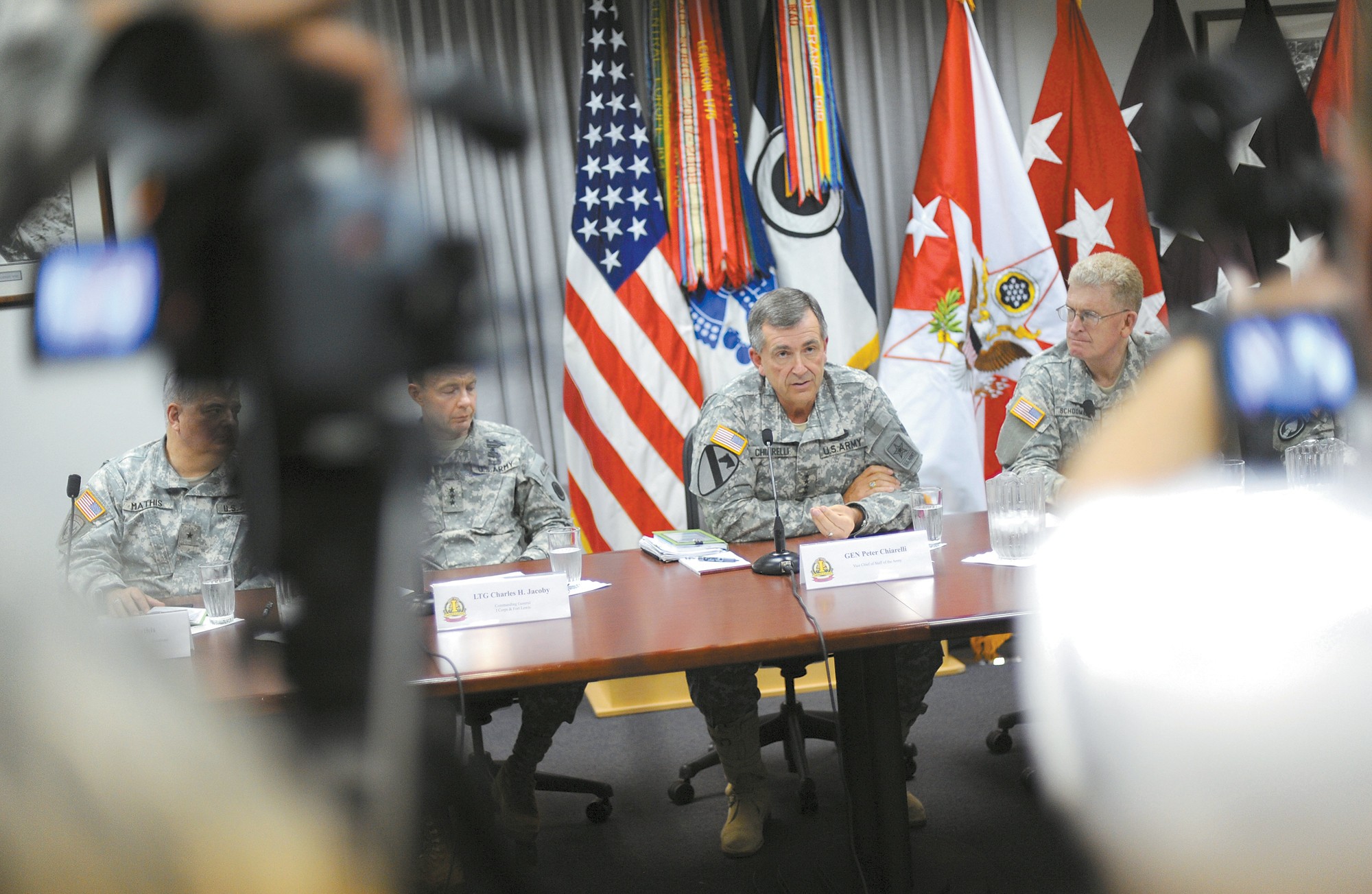
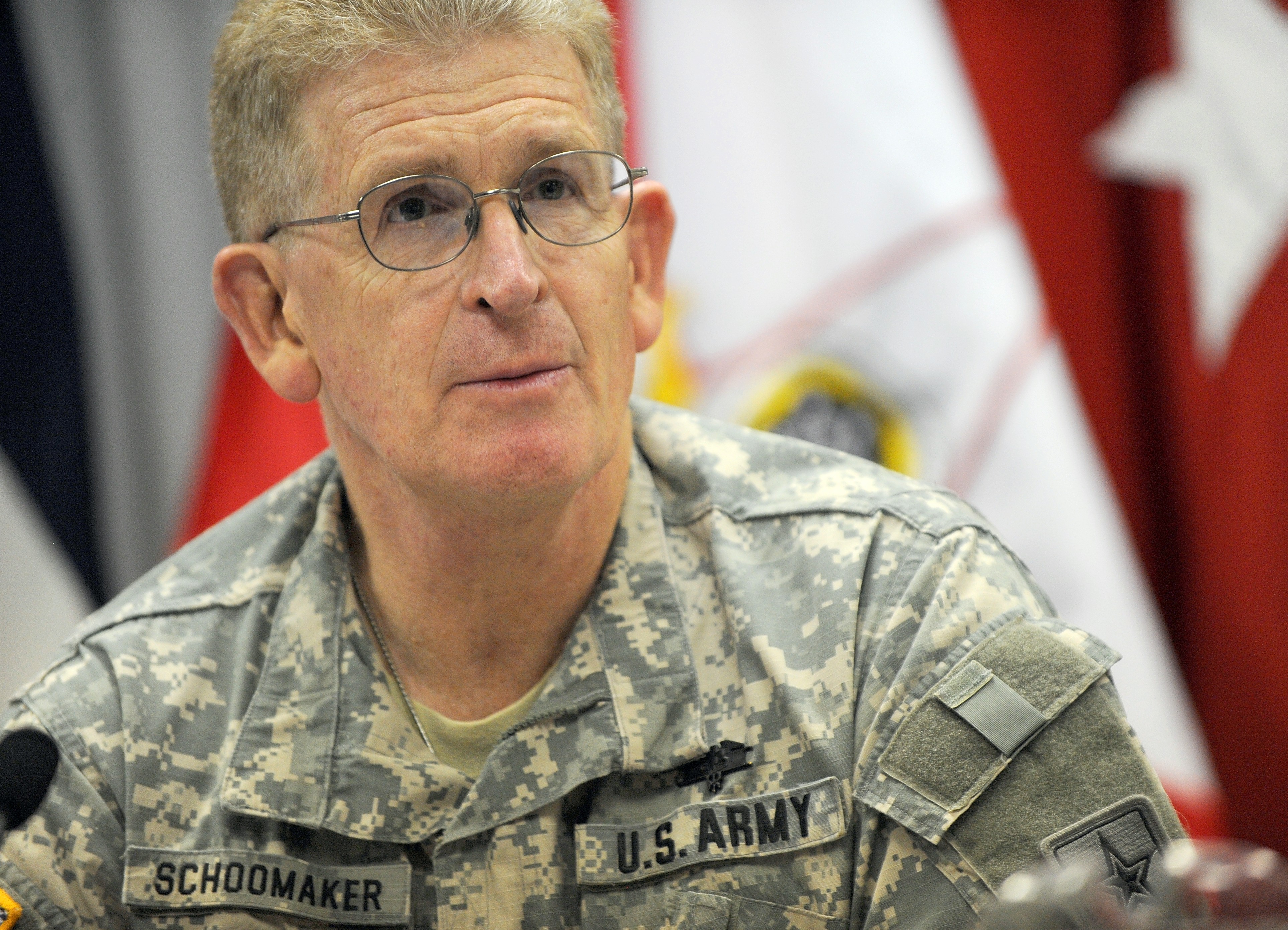
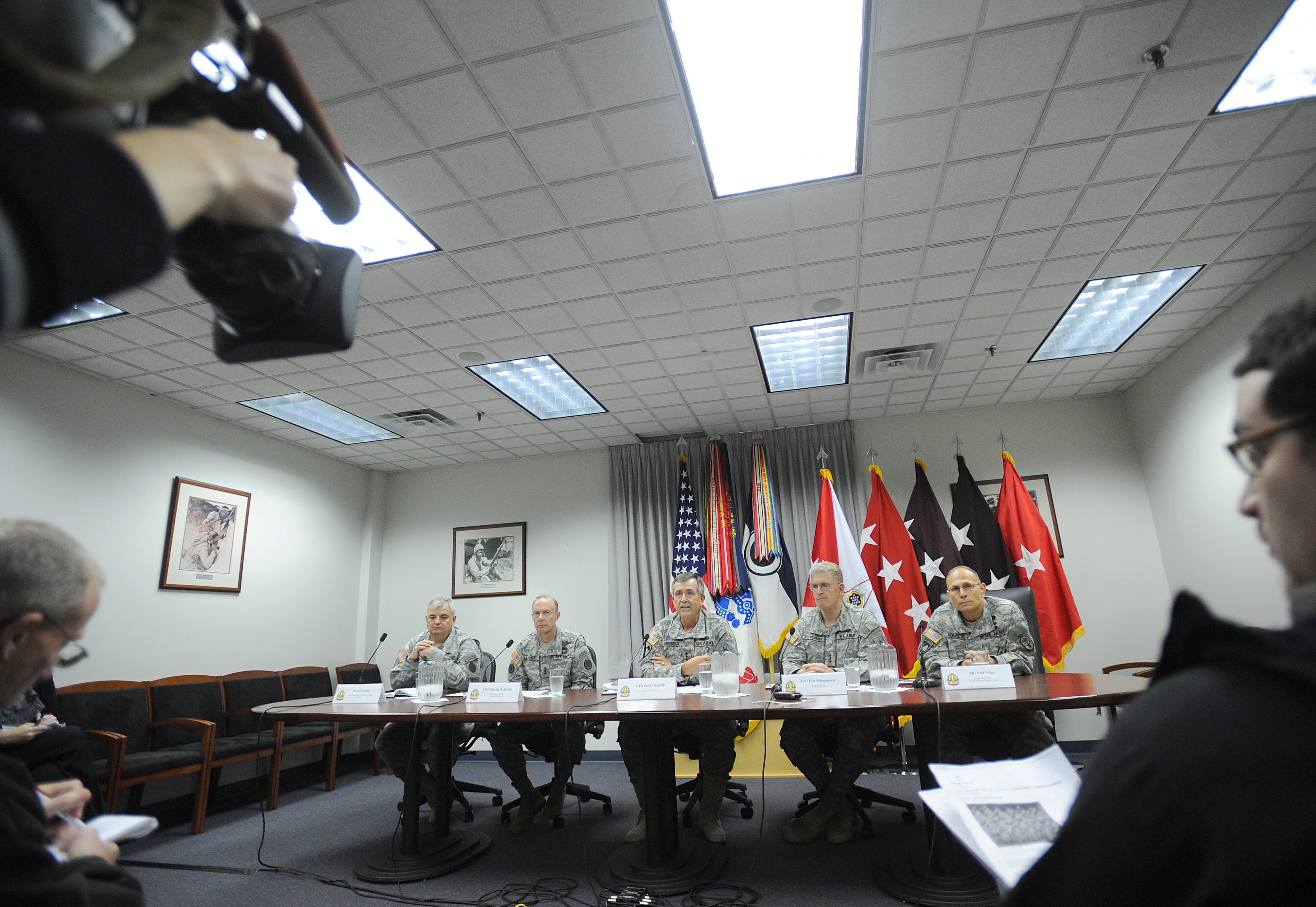
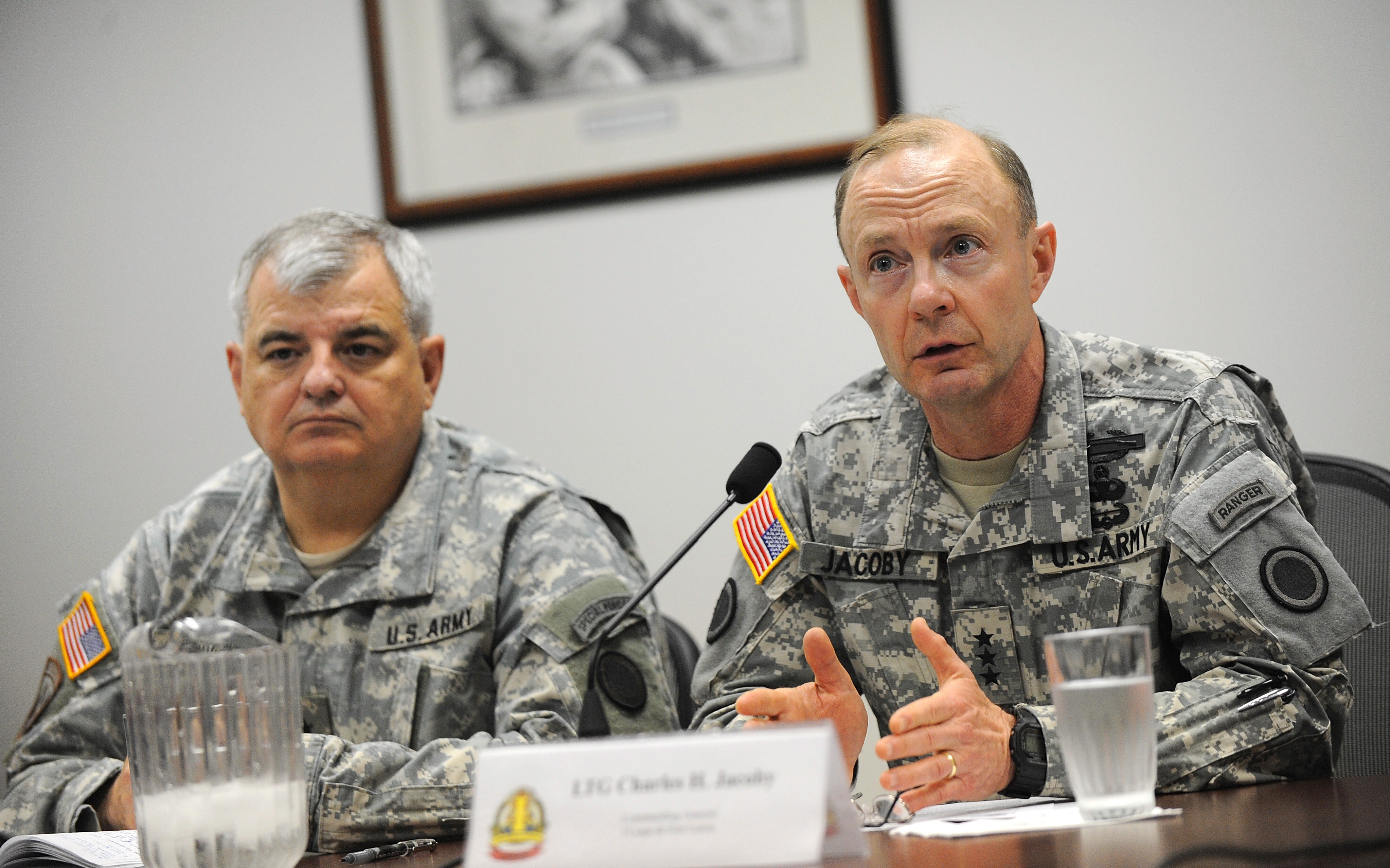
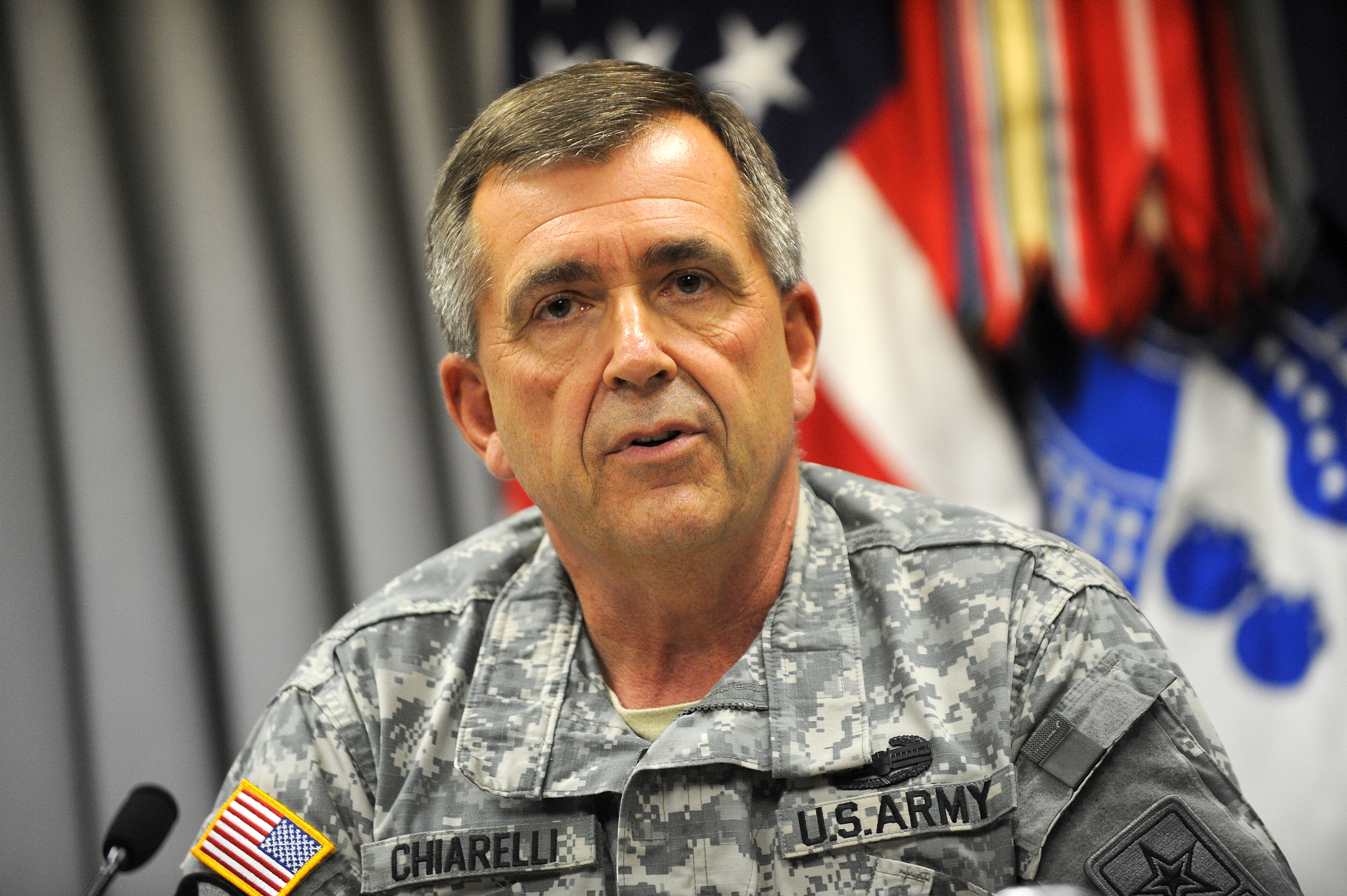
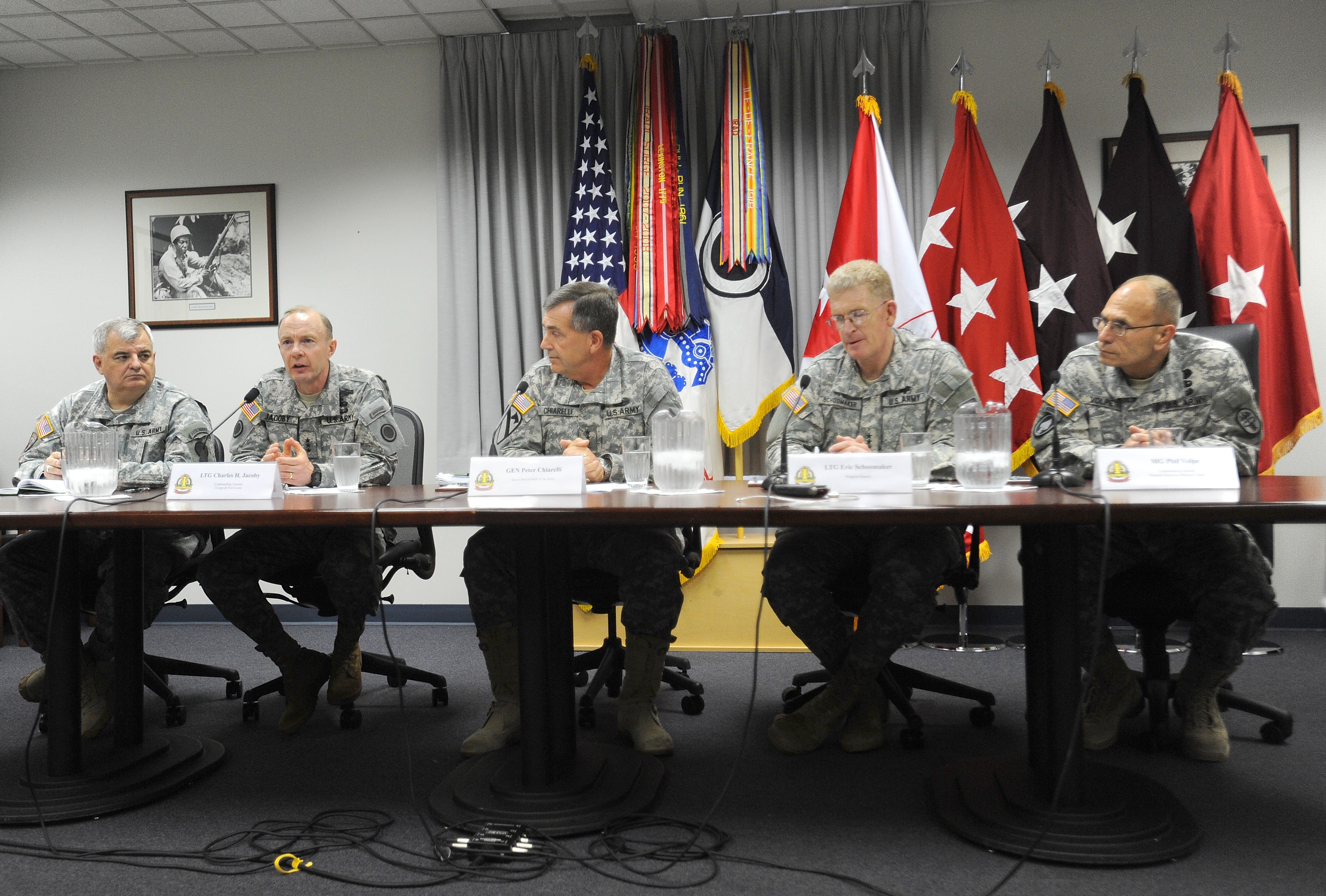
Social Sharing